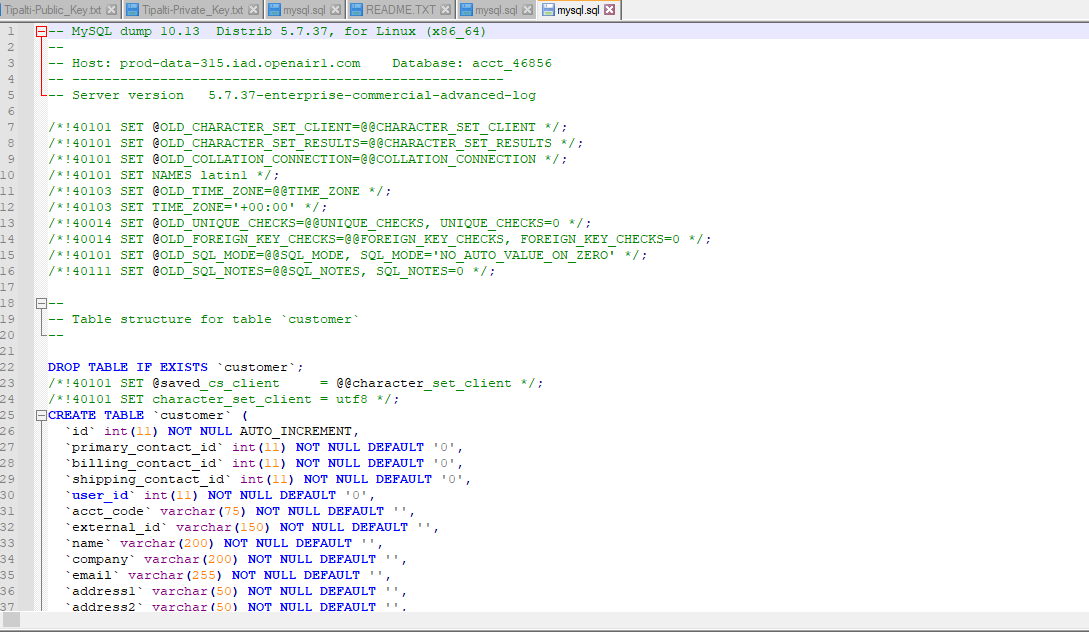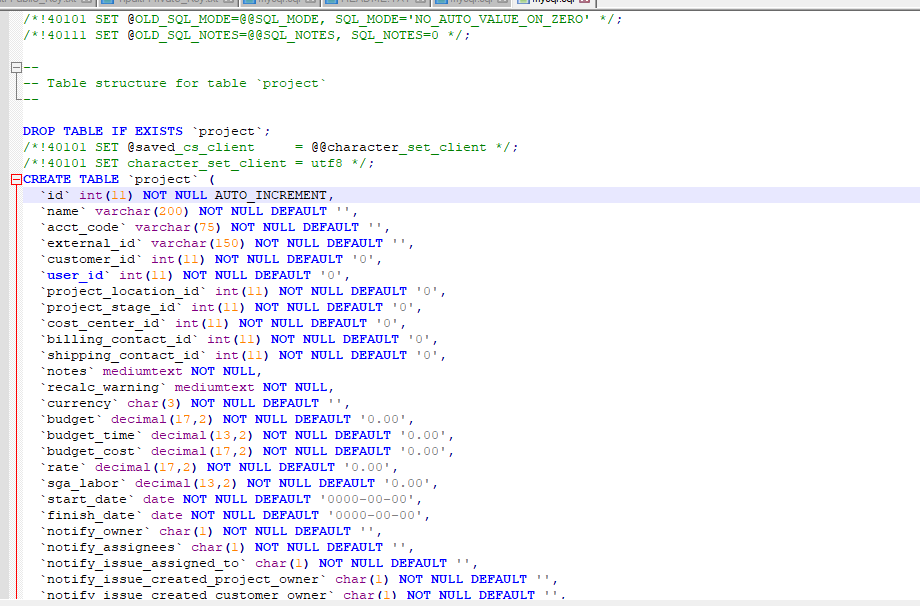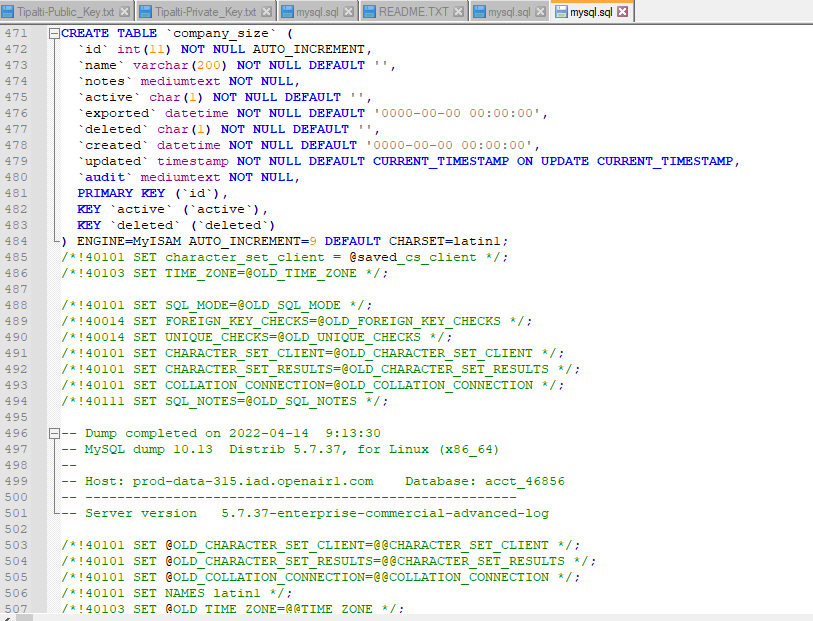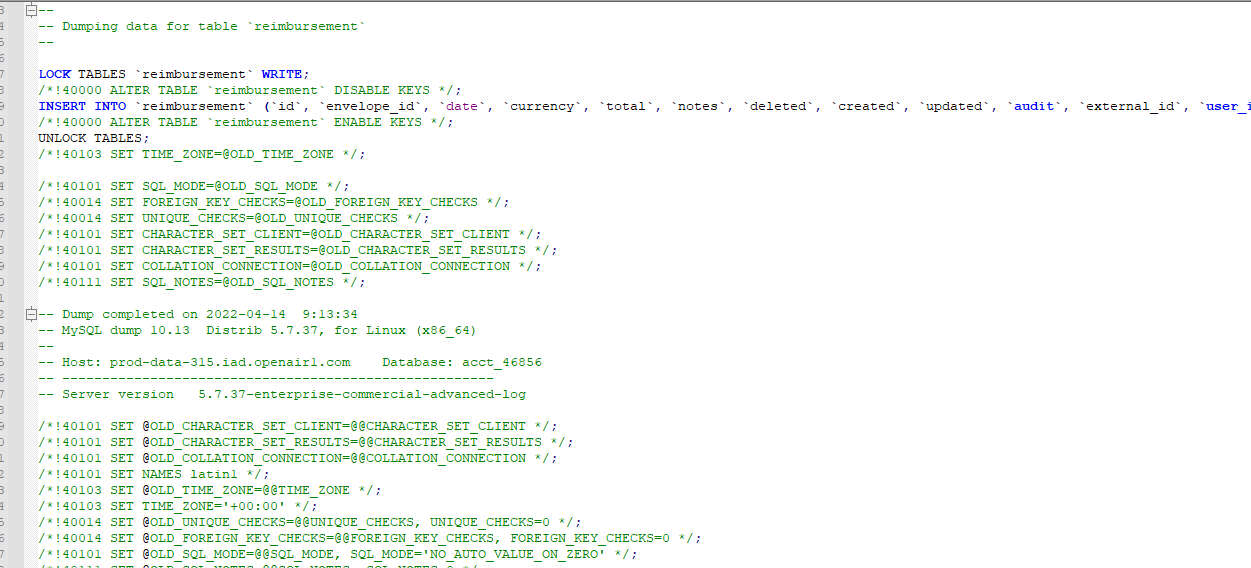Hey,
Can you please clarify what are the SQL scripts like (DDL definitions or insert scripts etc)
Note: Assuming the 3rd part vendor uploads the SQL scripts in a location which can act as a source in ADF, you can use copy activity to copy the SQL files from the source to blob.
You would need to use Binary dataset








